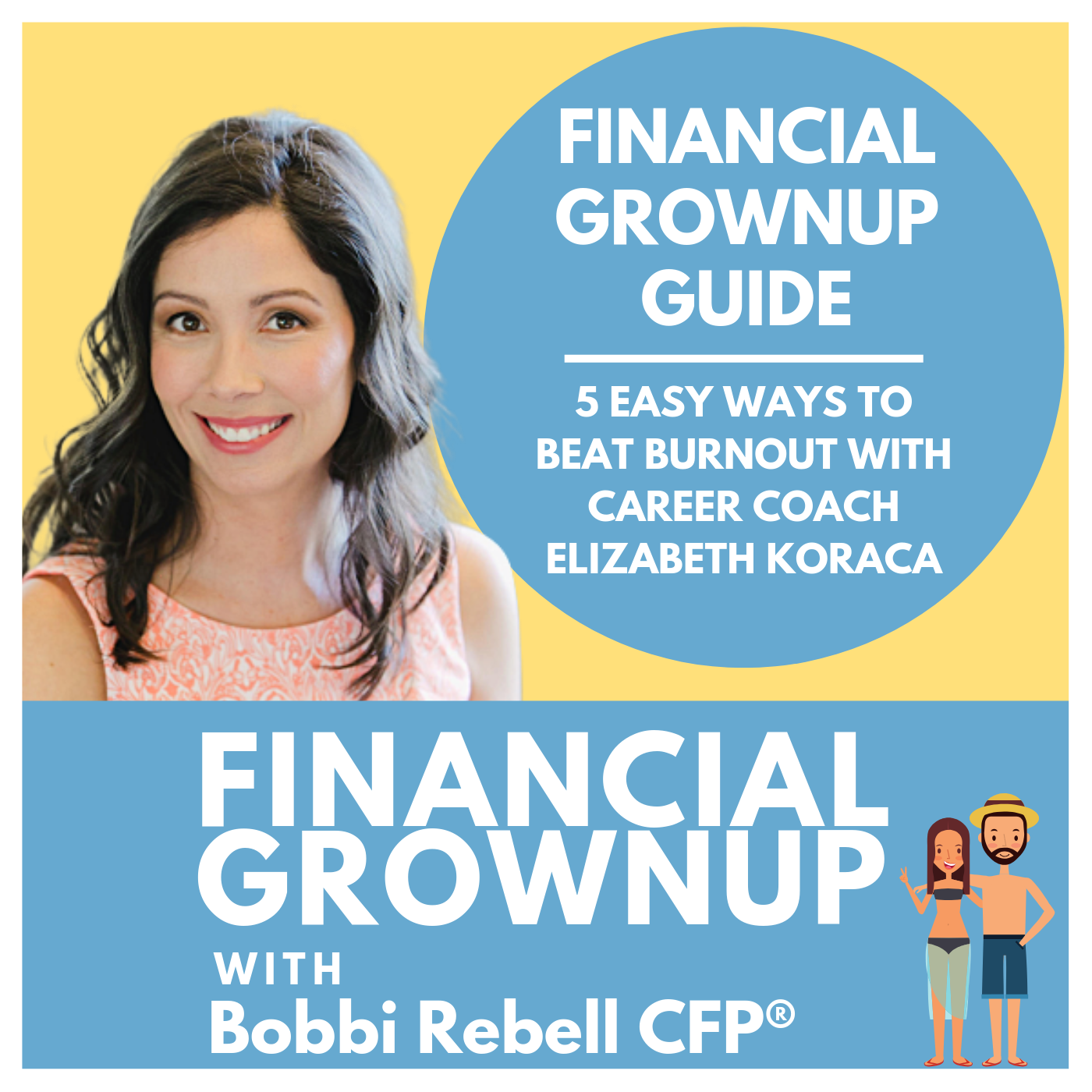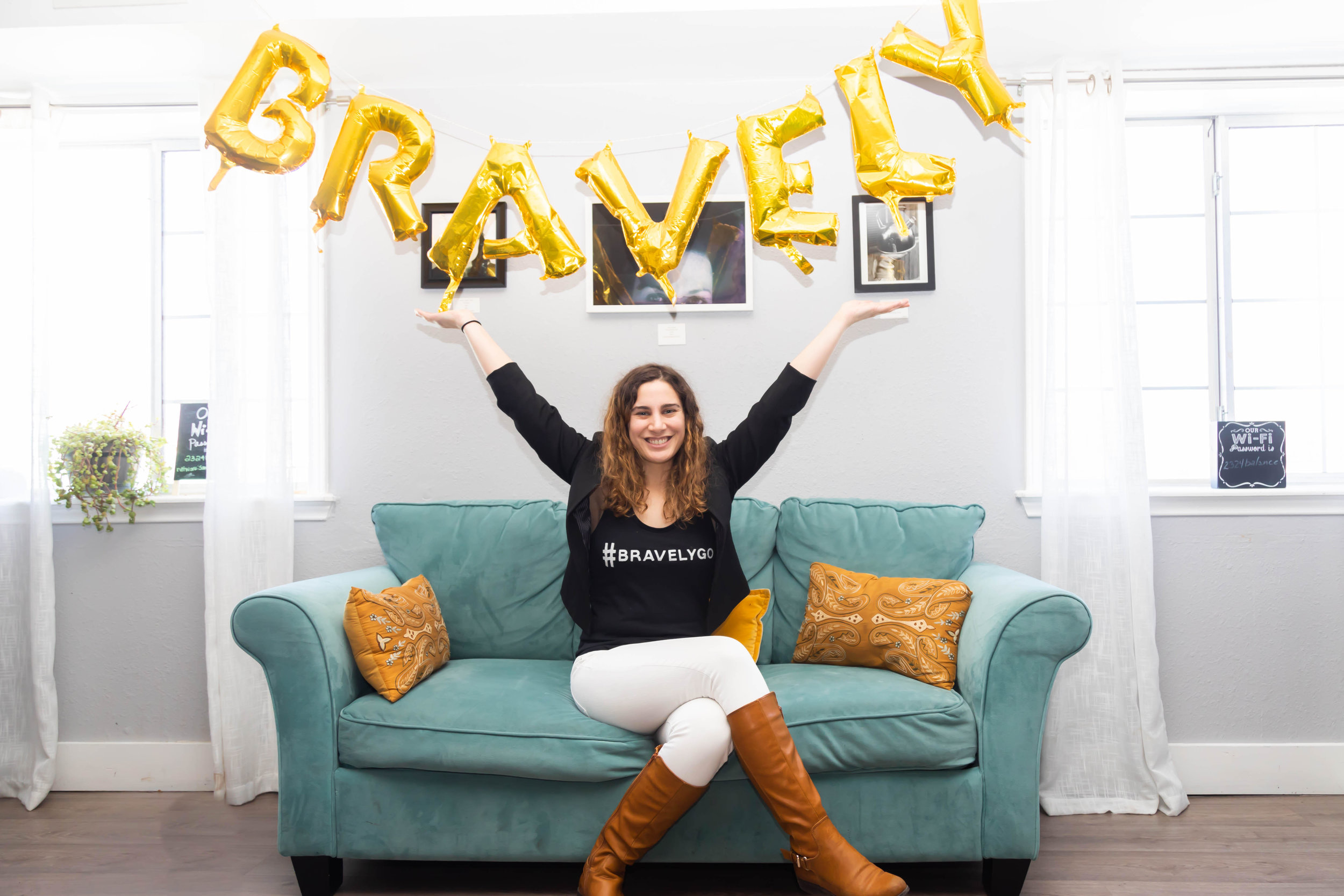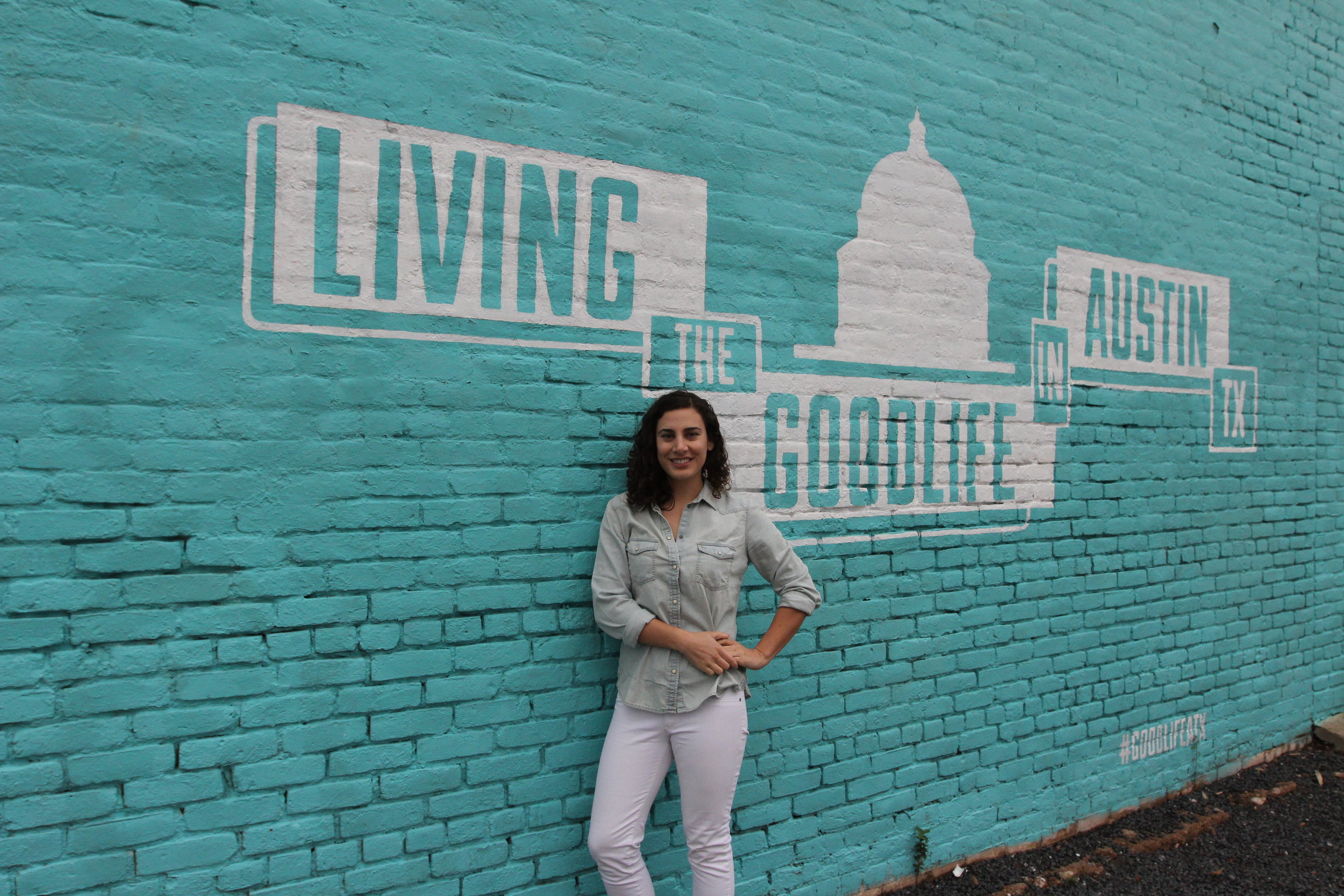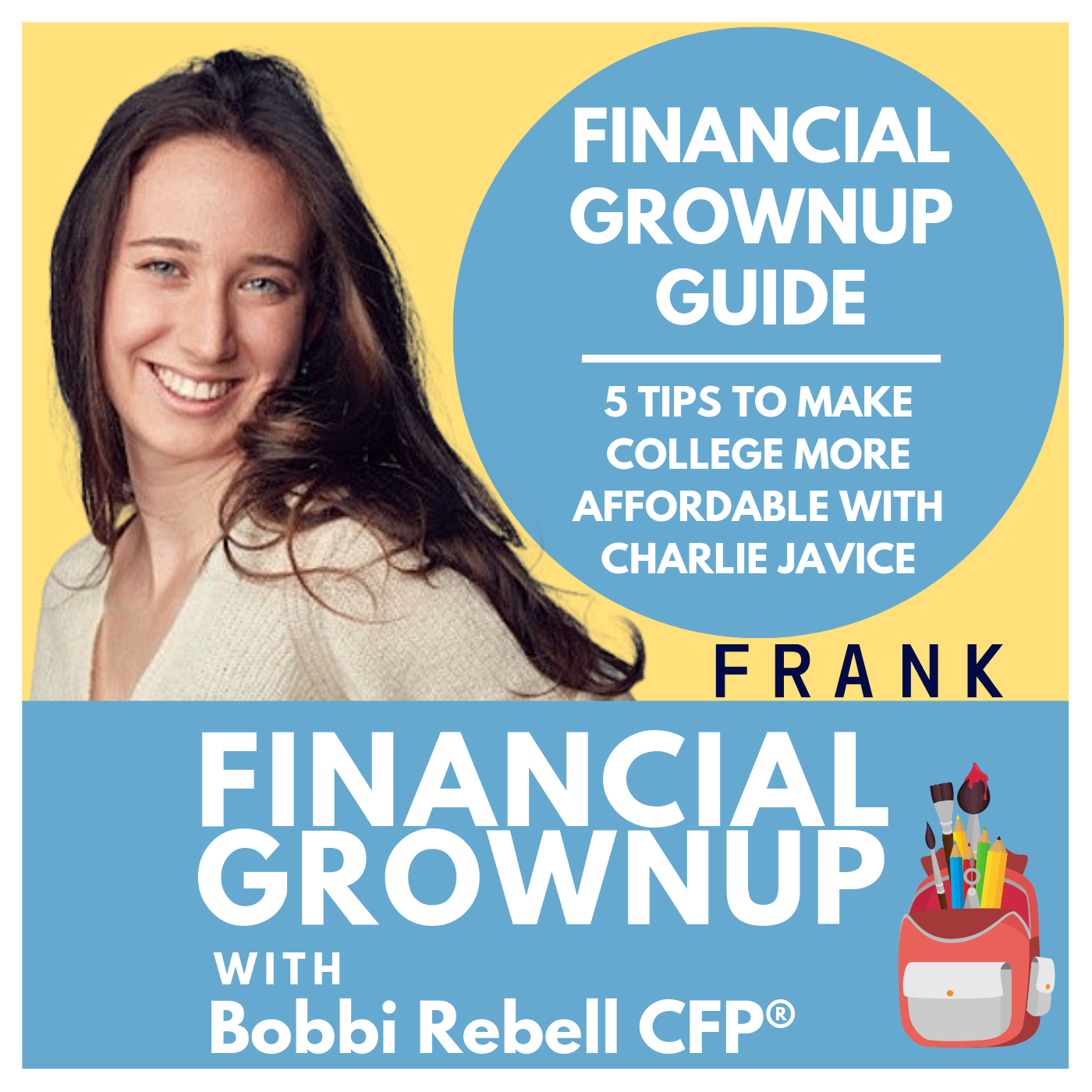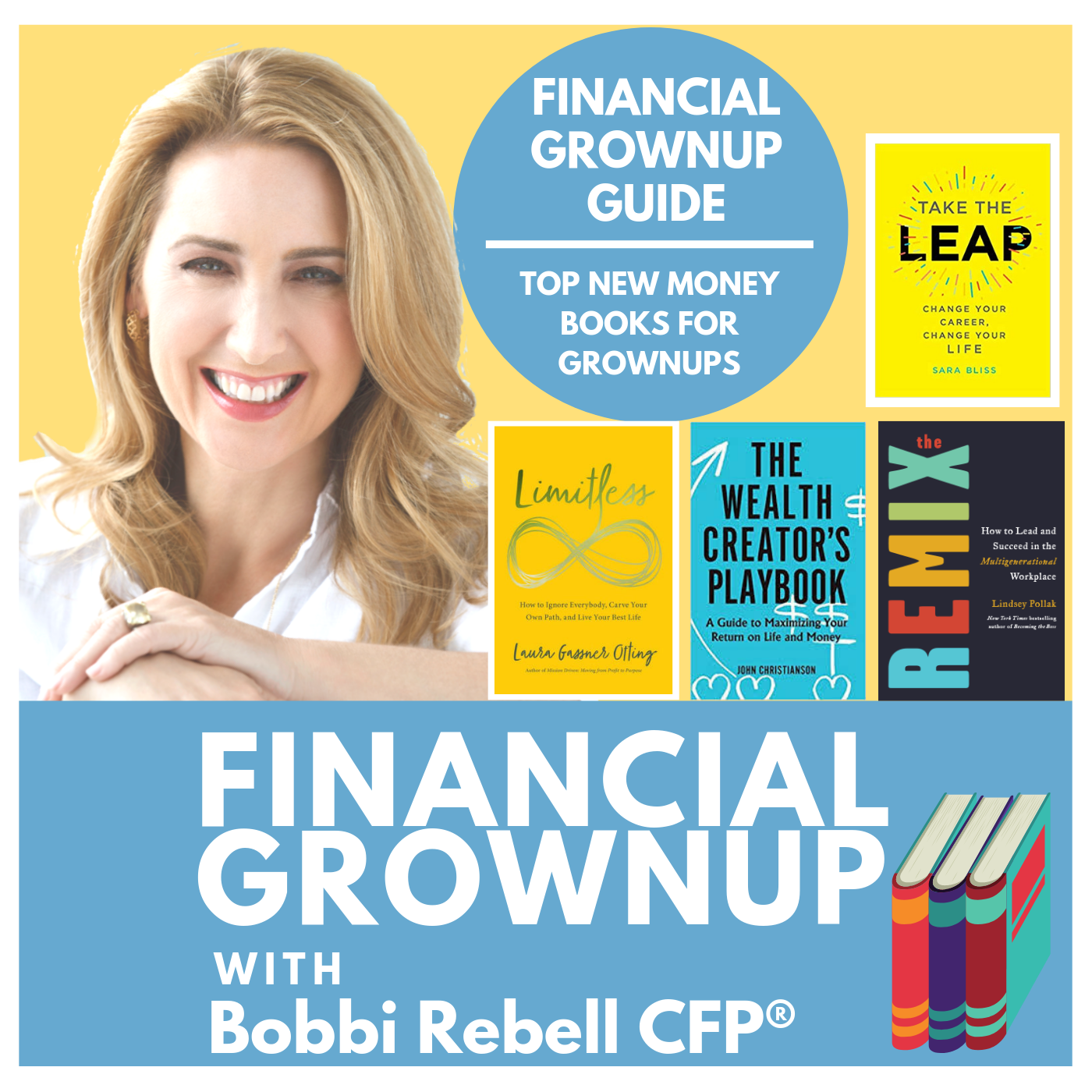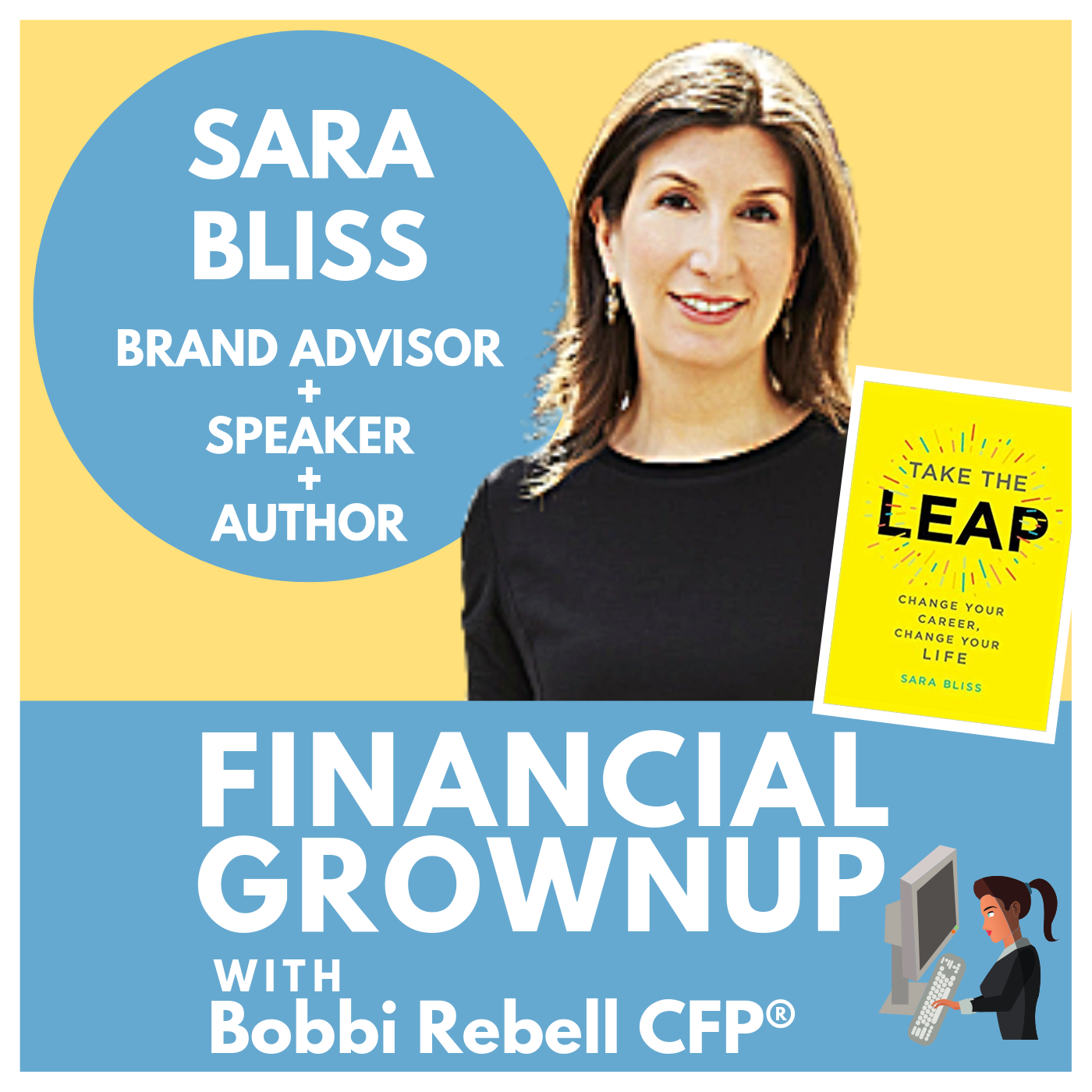Bobbi reveals her favorite new money related books, and how to decide if they are right for you. This month’s picks include The Startup Squad by Brian Weisfeld and Nicole Kear, Grown and Flown: How to support your teen, stay close as a family and raise independent adults which is by Mary Dell Harrington and Lisa Heffernan, And then finally The Essential First-Time Home Buyers book: How to buy a house, Get a Mortgage and Close a Real Estate deal by Judy Dutton and Realtor.com editors.
Some ground rules:
There will be only positive comments. Because why waste your time telling you about something I don’t think is worth your time.
Also - we limit our selections to books written by authors that appear on the podcast. In most cases they will have already appeared- so you can then go back and listen to their episode if you want to learn more. Occasionally, the episode will be in the future - so hopefully you will subscribe so you don’t miss it.
Here are 3 books I truly enjoyed in the past month!
Book #1
The Startup Squad - which is aimed at kids but I will tell you it hits on themes and lessons many adults in business will truly benefit from.
Here’s what I liked about it:
Don’t be fooled by the illustration on the cover or the fact that this is about a lemonade stand. This is a sophisticated book disguised as a kids book. The book covers a lot of territory.
They get into extreme detail- for example: the cost of ingredients, pricing strategy and profit margin, organization and planning ahead, design and branding, the importance of selecting the right location to attract target customers- and of course how to figure out who your target customers are in the first place.
The book addresses the more human issues associated with a business- including dealing with imposter syndrome, competition, and interpersonal relationships among team members.
Who is this book for?
This book is of course great for kids but I strongly recommend it for aspiring entrepreneurs. It covers all the bases. I also recommend parents read it and then discuss with their kids. Investors will also benefit because they can learn more about how to identify a business that is setting itself up for success, and the skillset to look for in founders. There are so many layered nuances to this book that it really creates a framework for understanding exactly what goes into a successful startup. I loved this this book and am thrilled it is the first in a series.
Book #2
Moving on the the next life stage- the teenage years. Here we have Grown and Flown: How to support your teen, stay close as a family and raise independent adults which is by Mary Dell Harrington and Lisa Heffernan,who are the founders of the #1 website for parents of teens and young adults. People magazine named them 2 of 25 women changing the world.
Here’s what I liked about it:
While there are endless resources for new parents, the information overload thins out substantially as kids get older. But in this age of extended childhood and delayed adulthood, we all need more guidance
While the authors have a lot of great advice, the book’s heart and depth comes from it’s broad sourcing of contributors. You feel like you have an army of advisors bringing you information you were either looking for- didn’t know you needed.
They go there. Topics include the expected on family life and happiness, college admissions and academics. But they also tackle, love, sex and the ultimate taboo- mental health.. and yes even money. For example: in the chapter on college admissions, the authors point out the importance of understanding the financial costs- the sticker price, meaning the listed tuition, is not the whole story- or even close. Financial aid letters can be misleading And to make sure you understand the average number of years it takes a student to graduate- it is not always four. An example of the advice: Don’t let a small price differential keep you from choosing the school that is the best fit - but that debt also matters a lot and needs to be factored in.
Who is this book for?
Primarily it is for parents of kids ages 15 -25- the teenage and college years. But as the parent of a 12 year old- I can say it’s never too early to learn about these years and if anything it will make you appreciate the simpler times of younger kids.
Book #3
The third book I am recommending this month is The Essential First-Time Home Buyers book: How to buy a house, Get a Mortgage and Close a Real Estate Deal
Here’s what I liked about it:
It is to the point. This book is going to get you the information you need, and is a great compliment to the realtor.com website- it is self contained and an easy shortcut for first time homeowners.
It has fun and fascinating (and sometimes reality check) trivia. Did you know: the average in state move costs $2300? Moving out of state averages $4300!
It cuts through the BS with recurring “myths” like the the fact that a new home doesn’t need to be inspected- or that you can’t buy a home if you have bad credit- even a score under 600. . The editors also tell you the truth that a human often won’t. For example: did you know that your appraiser works for the lender- not you. My favorite: 5 things never to say at a real estate closing.
Who is this book for?
Clearly people who are buying their first home. It’s a small book and you can literally carry it with you when you look at homes rather than fumble to look stuff up on your phone. But also current home owners can benefit- as can renters - because in the end every time we decide to rent or stay in our home- that is a decision made that should be done in comparison to the benefits or drawbacks of owning a home. This book lays out what you need to know- so that you can be deliberate in your decision whether or not to buy a home or upgrade or downsize to a new home
Episode Links:
Blinkist - The app I’m loving right now. Please use our link to support the show and get a free trial.
Brian Weisfeld’s Financial Grownup episode + Get your copy of The Startup Squad
Mary Dell’s Financial Grownup episode + Get your copy of Grown and Flown: How to support your teen, stay close as a family and raise independent adults
Judy Dutton’s Financial Grownup episode + Get your copy of The Essential First-Time Home Buyers book: How to buy a house, Get a Mortgage and Close a Real Estate Deal
Some of the links in this post are affiliate links. This means if you click on the link and purchase the item, I will receive an affiliate commission at no extra cost to you. All opinions remain my own.











